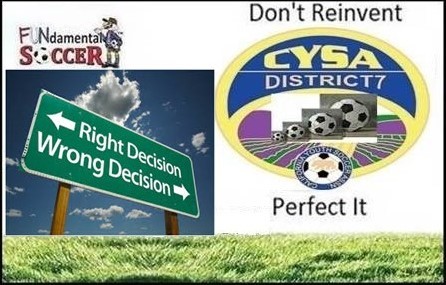
 One option would be to have with them, in their bag or another device such as a cell phone, the current rule books of the sport(s) and copies of any tournament, league, and local rules of the competition where they work.
One option would be to have with them, in their bag or another device such as a cell phone, the current rule books of the sport(s) and copies of any tournament, league, and local rules of the competition where they work.


4285 N. First Street; Fresno, CA 93726
8:30am – 12:30pm
Monday, Wednesday, Thursday and Friday